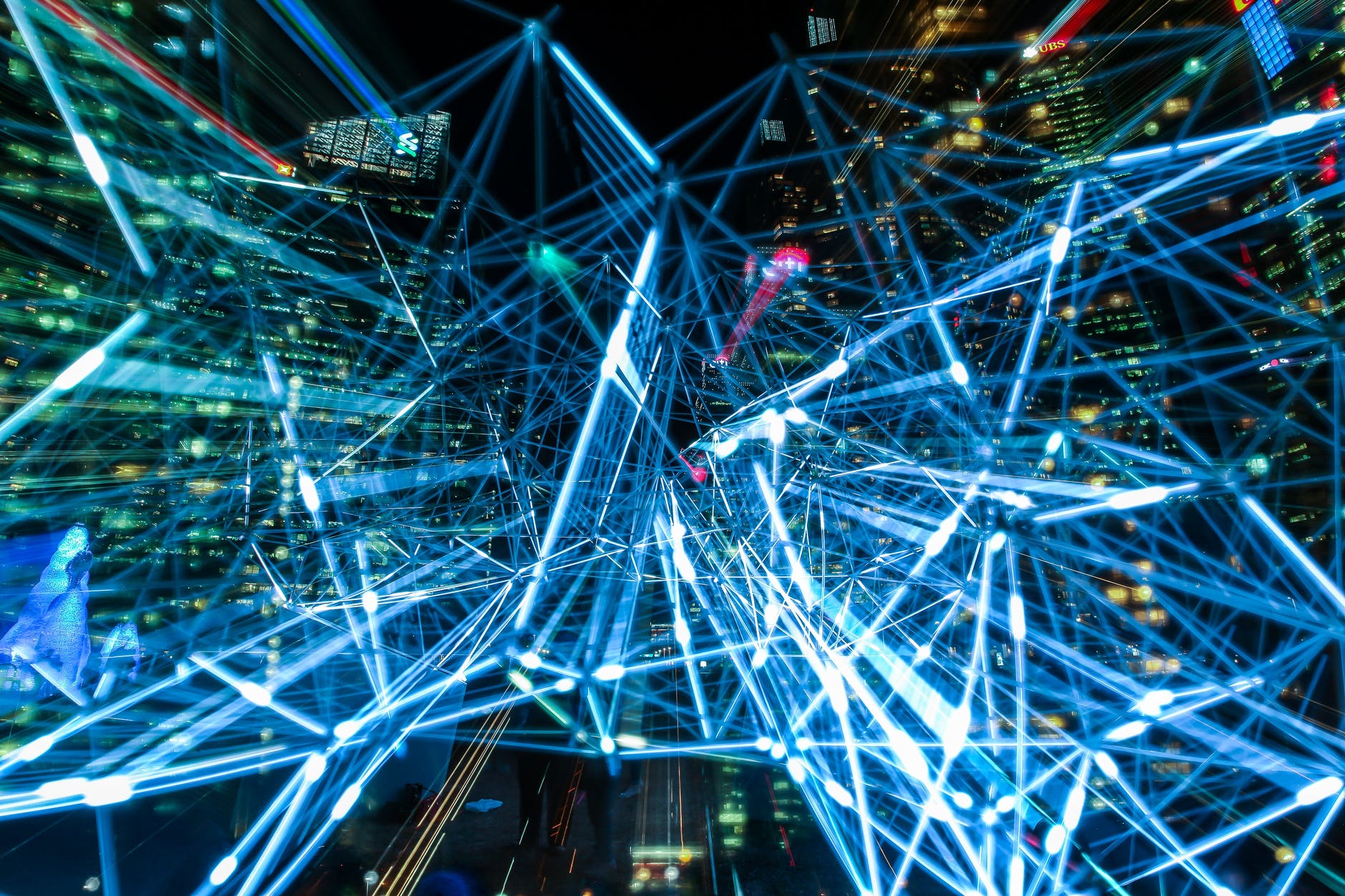Rising adoption of AI, IoT and Machine learning

Rising investment in the AI, IoT and machine learning technology with the surge in adoption in autonomous vehicles
Artificial Intelligence (AI) technologies are gaining popularity in several sectors such as financial, automobile, healthcare, security and various application scenarios. The commercialization of AI is accelerated due to business digitalization, globalization and rising improved industry 4.0 chain structures and enhanced need for information efficiency. Several countries are investing in AI and machine learning technologies for increasing productivity and meet the global industrial sector demand. For instance, according to the UNCTAD report, the Chinese AI companies have increased the funding of US$ 31.7 billion in 2018 which was almost 75% of the global total of US$ 43.5 billion. China leads in the use of AI and ML technology in several sectors including healthcare and autonomous driving.
In autonomous driving, AI and machine learning algorithms can help to address safety and avoid human error through industrial collaborative robots. AI through robots in the autonomous vehicle can provide safe vision to make its way through traffic. It leverages complex neural networks to extract more detailed of the surrounding through cameras and continuously learns through a neural network and evaluate its input data for efficient driving. Several leading players are launching new systems and components for autonomous driving using AI and machine learning. For instance, in Sept 2019, Bosch one of the leading automotive component manufacturer has launched an MPC3 camera which uses artificial intelligence for the autonomous vehicles.
Booming adoption of AI and ML in Healthcare Industry Overview
Artificial intelligence is gaining potential demand in various sectors including healthcare, food and beverages, industrial 4.0 automation and advanced technological device manufacturing. In the healthcare industry, artificial intelligence plays a vital role in drug discovery for various chronic and infectious diseases such as cancer, diabetes, Covid-19 etc. The growing prevalence of such diseases has created potential opportunity to use advanced technological tools in the healthcare industry. Several leading players are launching new AI-based platforms to meet and solve the global healthcare problems of increasing chronic and infectious ailments.
For instance recently in Nov 2020, Google Cloud launched new artificial intelligence tools for healthcare users intended to combat challenges with healthcare data and unstructured digital text during the COVID-19 pandemic. The suite consists of fully managed artificial intelligence tools, which includes the healthcare Natural Language API and AutoML Entity Extraction to assist healthcare professionals with reviewing and analyzing large volumes of medication documents. Thus, AI in healthcare uses of complex algorithms designed to perform certain tasks and mimic human cognition in an automated fashion at a fraction of the time and cost.
Widespread use of AI and ML in Food & Beverages Sector
Also, AI is widely utilized in the food and beverages, chemical and industrial automation sector for calculating the perfect requirement of the consumers. In food and beverages, AI can be utilized for making various flavours with a combination of different parameters and ingredients. For instance, recently in March 2021, Mackmyra one of the leading Swedish distillery company has launched the world's first whisky Intelligens which was created with the help of an artificial intelligence program. The company Mackmyra made a partnership with Finnish technology company Fourkind for developing an AI system that can augment and automate tasks of the distillery’s master blending to form a unique whisky flavour. The AI system in this beverage industry has analyzed over 70 million possible combinations for creating innovative new recipes that taste great.
The rapid adoption of advanced technology by the manufacturers for developing innovative chemicals across the globe
The chemical industry is leveraging advanced technologies such as AI, Machine learning Industrial Internet of things, IoT and cloud computing infrastructure significantly. Increasing global chemical sector investment by the leading players to meet the global demand for innovative materials may strengthen the use of these advanced AI and Machine learning growth. For instance, as per the European Chemical Industry Council (CEFIC) report in 2019, the global chemical industry has contributed more than US$ 5.7 trillion for the global GDP due to growing demand for chemicals required for several sectors such as construction, automotive, pharmaceuticals etc.
Increasing launching of the new chemical combinations required in the pharmaceutical, automotive and construction with the help of the AI and ML tools to create effective chemicals have witnessed potential demand. For instance, recently in March 2021, IBM has launched the MoIGX AI Platform for discovering novel materials. This newly-built AI platform has developed a large number of materials, such as polymers, thermoplastic etc. require for a wide range of applications in paints, photographic films, and clothing industries. AI helped to cut down cost, and time for discovering new material in the chemical industry.
Artificial intelligence is becoming the norm in corporate sectors due to the increasing adoption
AI has now become more predictable for companies for delivering better insight results and to scale up the production and efficiency of the operations. Smart Operations initiative taken by some of the leading company Henkel AG has utilized AI capabilities for optimizing its global process operations and supply chain. The company have used AI for efficiently analysing the complex data arrays for achieving quick product innovation, higher production performance, and scale-up for self-adjusting production systems across the globe.
Also, in May 2019, Google has launched an end-to-end AI Platform for developers, companies and data scientists for building, testing, and deploying the machine learning models. The AI platform launched a host of products and services that helps to solve complex businesses challenges in an easier and more collaborative way.
Machine learning marketplaces are growing up in the E-commerce platforms
Several companies are using machine learning for predictive analysis to assess the consumer’s behaviour and to suggest the solution for its customers for e-commerce platforms. For instance, Amazon one of the largest E-commerce platforms uses AI tools and machine learning to detect the consumer’s behaviour and focus on its targeted customers. For instance, in March 2021, Amazon launched a toolkit SageMaker Reinforcement Learning (RL) Kubeflow Component that supports the company’s AWS RoboMaker service for orchestrating robotics workflows of the company. Amazon’s goal is to make faster operations using AI and machine learning to controls and optimise experiment and manage robotics workloads for end-to-end solutions without the need to rebuild them each time.
Thus, artificial intelligence and machine learning are gaining potential demand in several sectors including automotive, healthcare, finance, chemical and many more and in future, the technology will be implemented in every company to assess consumer behaviour and evaluate the company’s performance and scale up the productivity by reducing the operational cost using these tools.
Industries
Our Clients






